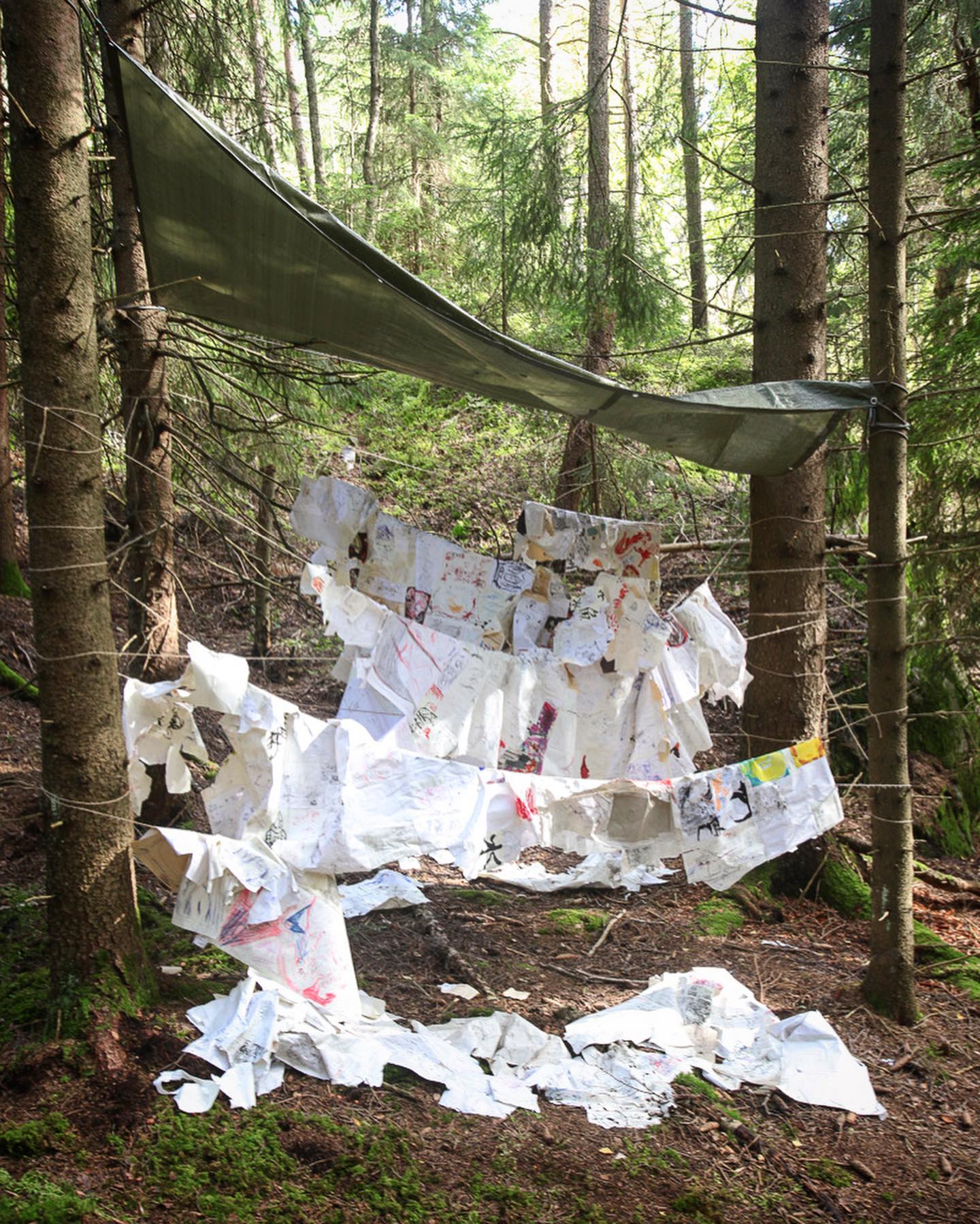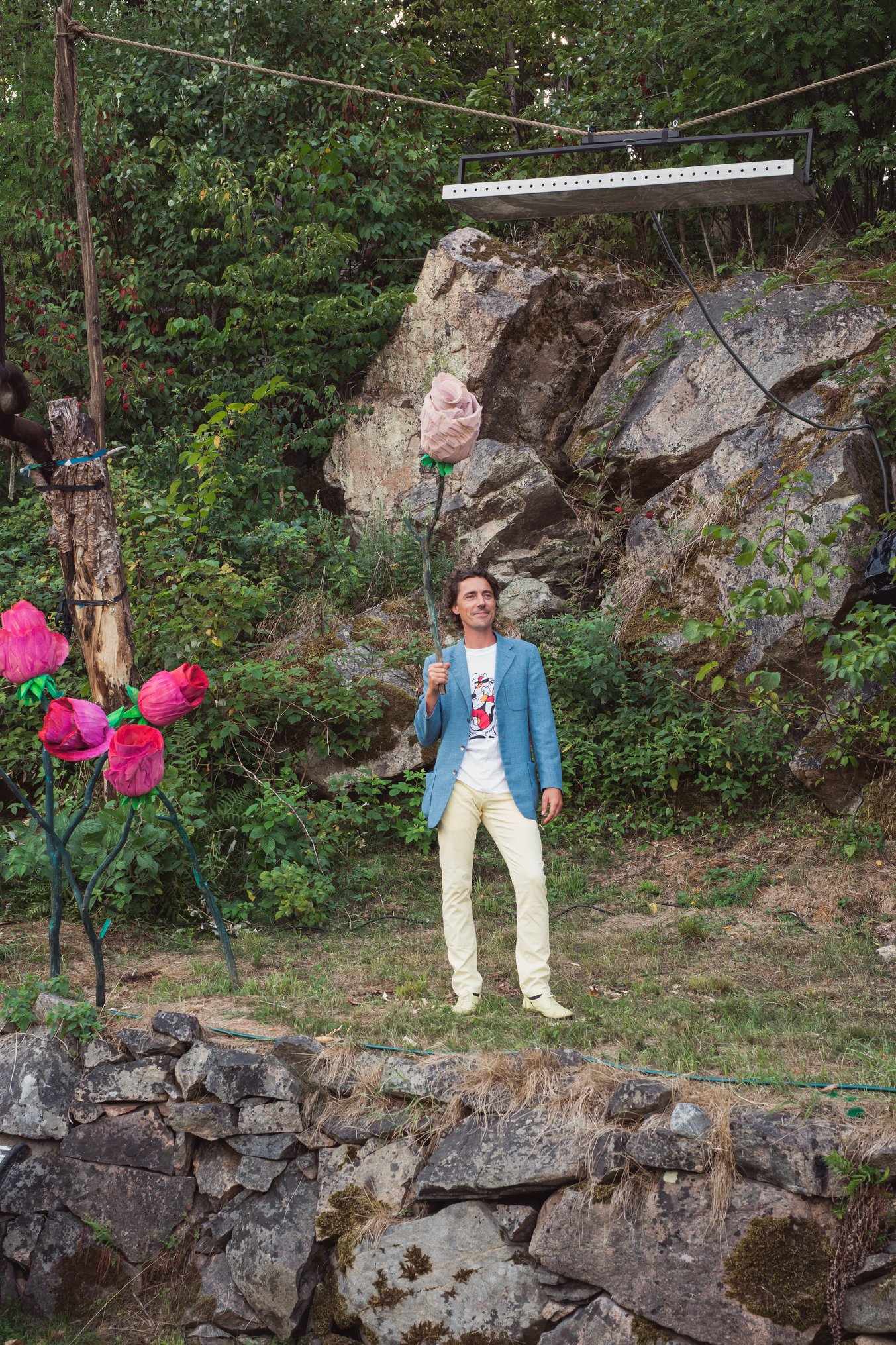
Competences
The competency-based measures conducted by the Wrocław Institute of Culture are the extension of the programme known since the European Capital of Europe Wrocław 2016 as Cultural Practitioners. Its goal was to expand the career horizons of the employees of cultural institutes, organisations, and independent creators through meetings with experts, workshops, and training. In 2022 we organised two specialised series of workshops focused on both advancing the ability of strategic planning and equipping people active in the cultural sector with practical professional tools. In April, the cultural practitioners met twice with a trend researcher, innovation analyst and a specialist in future studies, Monika Borycka, known online as a creator of TrendRadar. The first of the trend-watching workshop helped look for an answer to the question: “How to read trends?”; the second helped use the previously gained knowledge in potential scenarios about the future in creating an innovative programme of cultural events. In November and December, we invited Michał Zalewski – an expert in communication and information management and the owner of Dobrze Powiedziane. The two-part workshop aimed at preparing the attendees to present, introduce and convince: minimise the stress while giving public speeches and, simultaneously, maximise the quality of the message.

At the same time, from April till late summer, with the Social Innovation Workshop Foudantion from Kraków and Hearts&Heads agency, we ran a local edition of KulturLab – a series of four workshops based on Design Thinking methodology. Its participants had a chance to experience real challenges that organisers face, e.g. effective inclusion of attendees into activities and attracting new groups of people to participate in projects. Four groups of Wrocław and Lower Silesian institutions participated in it: the Tadeusz Różewicz Municipal Public Library in Wrocław, BWA Wrocław, Anna Sojko Community Cultural Centre in Dobroszyce and the Wrocław Institute of Culture.
Broadening knowledge and acquiring new skills were also integral to the artistic activities for The Art of Neighbourhood organised in October – a meeting aimed at cultural and social activists working in their neighbourhoods and engaging their local communities. Besides the regular programme, which allowed its participants to engage in neighbourhood activities in various corners of Poland to get to know each and network within The Art of Neighbourhood, there were also two workshops strengthening the competencies of cooperation with local communities. On 12th October, the educator and founder of the Based in Warsaw Association, Edyta Ołdak, shared with the participants some valuable methods for artists to interact and actively participate with neighbour communities. A couple of days later, on 15th October, an artist, activist and creator of a micro-brand, Notesy z Łukowa, Pamela Bożek, worked with the participants on how to use artistic tools to deepen the multicultural integration.
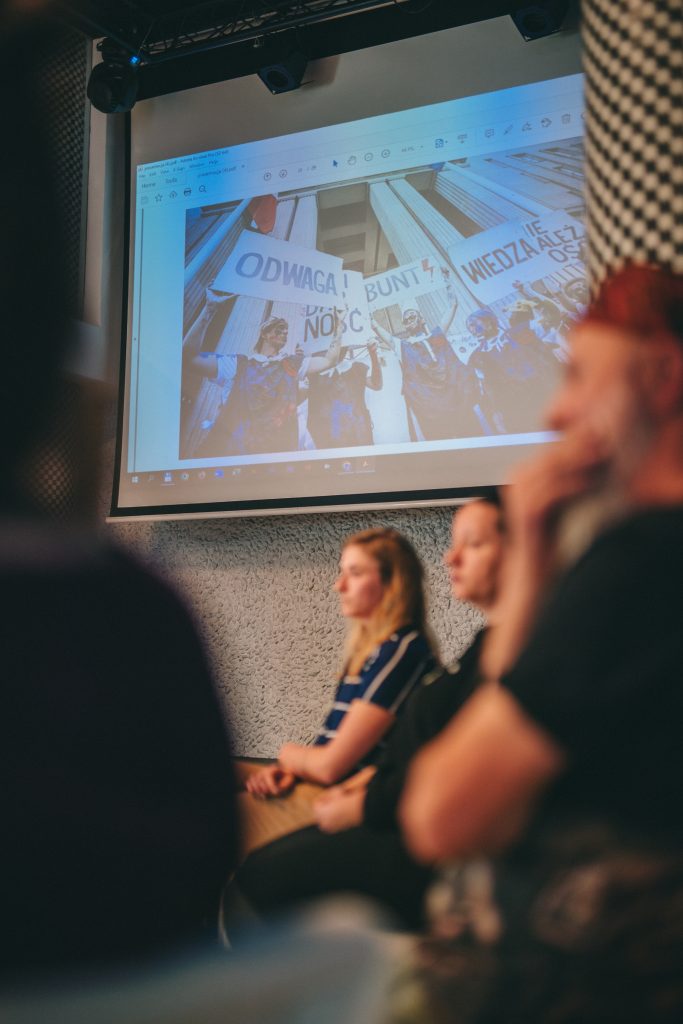
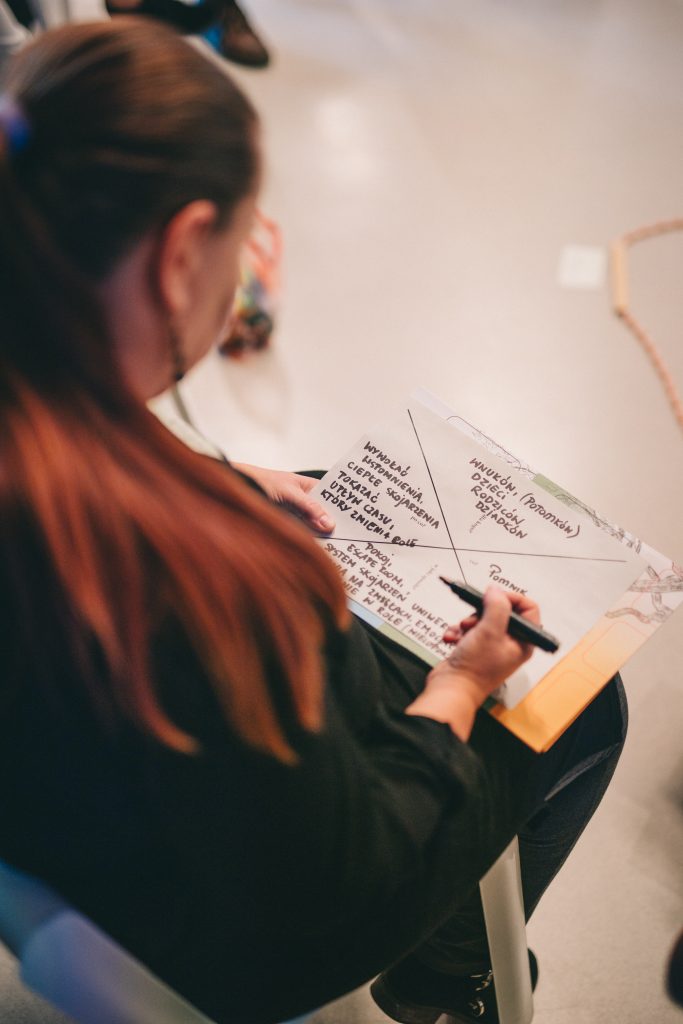
Besides the events aimed at the external institutional recipients, NGOs and artists, there were also internal workshops for the Wrocław Institute of Culture on auto-reflection, improving your own skills and looking for answers to everyday inquiries. We put a lot of effort into extending the knowledge and preparing the Institute staff to create a cultural programme available also to people with disabilities. The coaches associated with the Katarynka foundation led us, our volunteers and co-workers, through the workshop on etiquette and cooperation with people with visual and hearing disabilities (Anna Brzegowa-Jabczyk and Karolina Przybył), the essentials of audio description in live events (Justyna Mańkowska and Magdalena Dudowicz) and digital accessibility in communication and publicity (Magda Brumirska-Zielińska). Such an extensive programme would not be possible if it had not been for the State Fund for the Rehabilitation of the Disabled and the programme, “Rodzinnie w Barbarze – dostępność we Wrocławskim Instytucie Kultury” (“Family at Barbara – accessibility in the Wrocław Institute of Culture”).
Research
For the Wrocław Institute of Culture, the second half of the year also meant coordinating a wide range of research activities to better the current state and map the needs of the Wrocław cultural scene – the Diagnosis of Wrocław Culture. The research, lasting from June to December, was commissioned by the Department of Social Affairs of the Wrocław Municipal Office. Its results are to become a “road map” for future actions and help introduce a long-term programme to develop local culture.
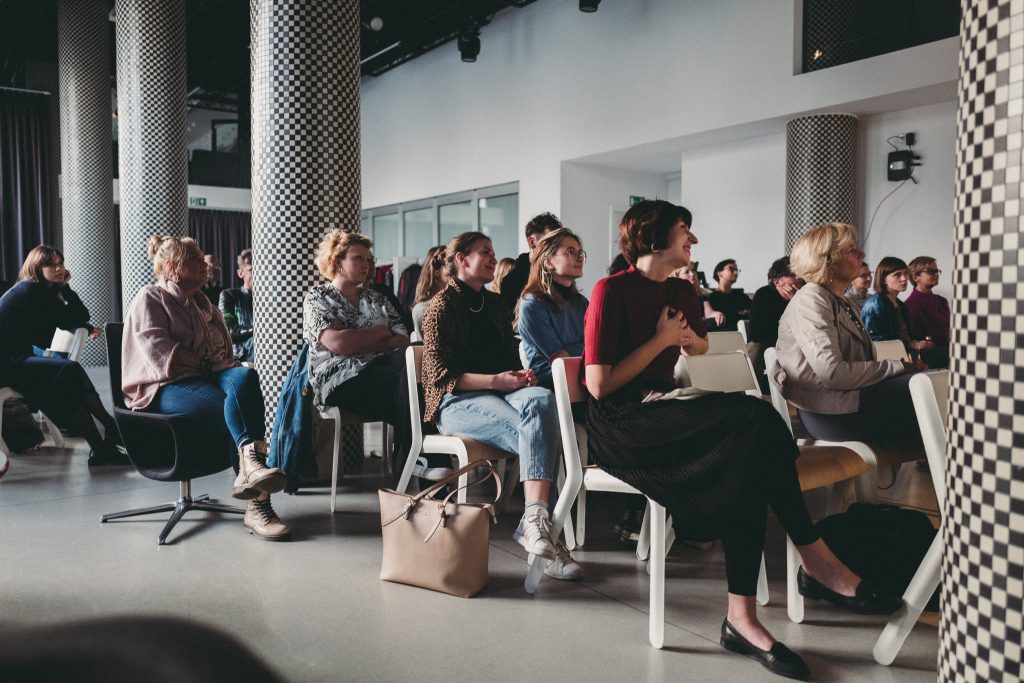
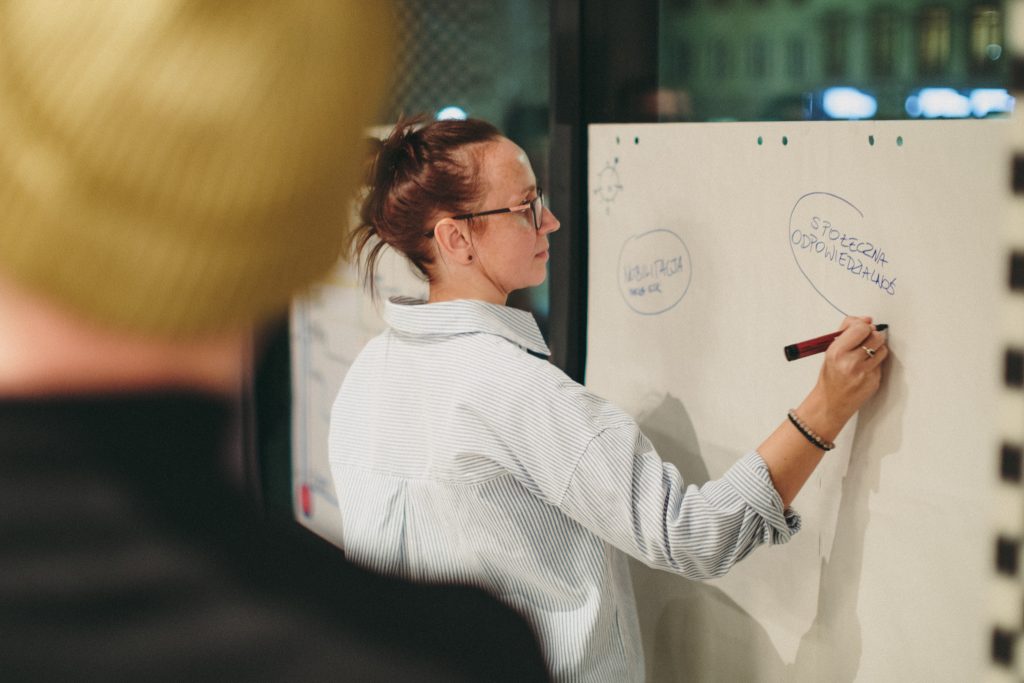
The diagnosis was divided into a couple of sections. It started with a workshop mapping the existing and operating in Wrocław points of contact, cooperations and potential intersectional dependencies. The next stage was to benchmark Wrocław against other Polish and European metropolises within their cultural policies or, in a broader sense, cultural centres in local politics. The most engaging for the Wrocław cultural community was a self-record study – a questionnaire aiming to know more about people actively participating in the city’s cultural life with such questions as their areas of activity, needs, and opinions on the most important events in the cultural sector. A Warsaw organisation with many years of expertise, Fundacja Obserwatorium, was responsible for conducting the self-record study. In the late autumn, we organised an open workshop and discussion panels on, e.g. the value and language of a future policy paper, policies on cultural education in Wrocław, and the functioning and supporting of artists in the city.
Almost 500 people actively engaged in the cultural scene of Wrocław participated in the Diagnosis of Wrocław Culture and the self-record study. The report summarising this long-term process will be published in the early spring.



